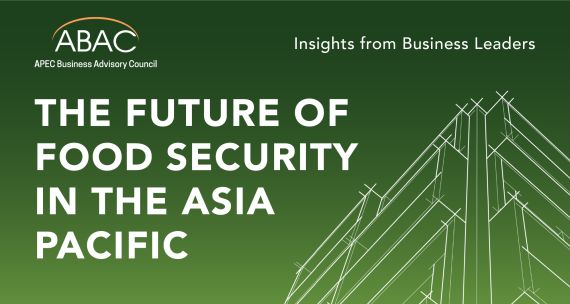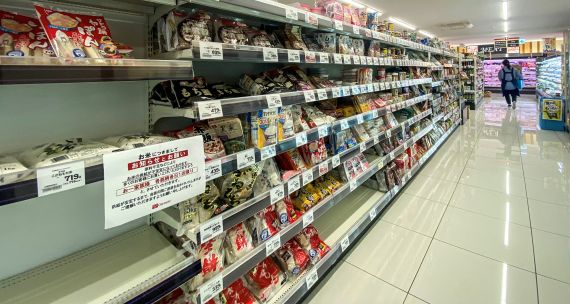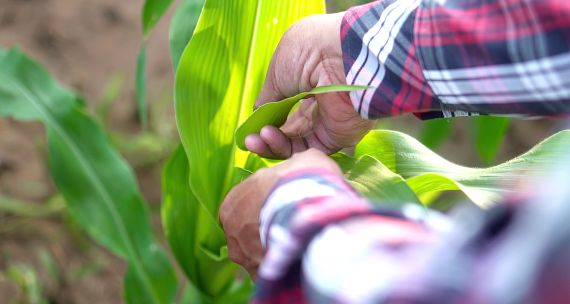Atlantic Canada has long been a trading region. The Canadian Encyclopedia states: "Prosperity came from wooden shipbuilding, the fisheries, forests and maritime carrying trades." Today, primarily because of its relatively small population, exporting has probably never been more important to the Atlantic provinces. The government of each province includes increasing exports as a key priority for future prosperity. Within the food sector, value-added foods show significant export potential.
Importance of Value-Added Foods
While value-added foods are variously referred to as processed foods, packaged foods, high-value foods, and manufactured foods, all agree that this is a separate sector from agricultural commodities such as grains and potatoes. The market is huge and growing. Global retail value of packaged foods is expected to increase by more than $300B over the next five years—reaching a total of $2.6T. The European Union is the world's leader, exporting a wide variety of products to markets around the world. And while Europe and the United States are the traditional export destinations for Atlantic Canada, 85% of the retail growth in high-value foods will be in Asia.
Importance of Asia and ASEAN
Asia is the largest of the world's seven continents and includes over 50 countries. However, when discussing trade with "Asia" this report refers to the Asia Pacific region, made up of East Asia (including China), South Asia (including India), and Southeast Asia. The population of the Asia Pacific is 4.2 billion people—almost 60% of the world's population. Although there is great disparity in economic development between countries, this region is expected to lead the world in economic growth for the foreseeable future. Trade is an important driver of this development and thus represents opportunities for Atlantic Canadian exports.
Within Southeast Asia, which includes Indonesia and Vietnam, 10 of the 11 countries belong to the Association of Southeast Asian Nations (ASEAN). This is a diverse but growing market of over 600 million people. The ASEAN Economic Community aims for free flows of goods and services and full integration into the global economy. As in other Asian countries, the changing tastes and lifestyles of ASEAN's middle class and youth are pushing demand for processed foods and beverages. Also important to Canadian exporters is the fact that ASEAN can act as a gateway to other regions and countries in Asia.
Purpose of this Report
This report investigates the opportunities and challenges for exporting value-added food products from Atlantic Canada to Asia. Five countries were selected to provide a focus to the discussion. The countries were selected on the basis of population, openness to trade, and/or potential for growth in retail food sales. The five countries are: China, India, Indonesia, South Korea, and Vietnam.
This report first describes the value-added food sector in Atlantic Canada, identifying the sector's strengths and weaknesses in relation to exporting. This is followed by a short discussion of current trends in global trade. The main body of the report analyzes the opportunities and challenges for Atlantic Canadian exporters to each of the five focus countries. The report concludes by highlighting opportunities for accelerating growth of Atlantic Canadian firms' Asian markets presence.
About The Asia Factor in Atlantic Canada
The objective of the Asia Factor in Atlantic Canada project is to assist the region in better responding to Asia's rising global economic importance by providing critical information on the opportunities and challenges for Atlantic Canadian business and trade with Asia. This project represents the Atlantic side of The Asia Factor, a nationwide, multi-year project launched in 2014 by the Asia Pacific Foundation of Canada (APF Canada) that examines the interaction of each province and territory with Asia. The Asia Factor provides comprehensive resources, information, and analysis on provincial-level Canada-Asia relations.
The Asia Factor in Atlantic Canada project deliverables include:
• an interactive website that shows how Asia's impact on Canada differs for each province and territory
• an infographic booklet on Atlantic Canada's relations with Asia according to key indicators (image files available upon request)
• blog posts
• a business consultation report
• success stories for Island Abbey Foods and Muwin Estate
• Atlantic Canada-Asia-focused market analyses for clean technology, value-added foods, and ocean technology
• a project summary report
All deliverables are available in both official languages.



